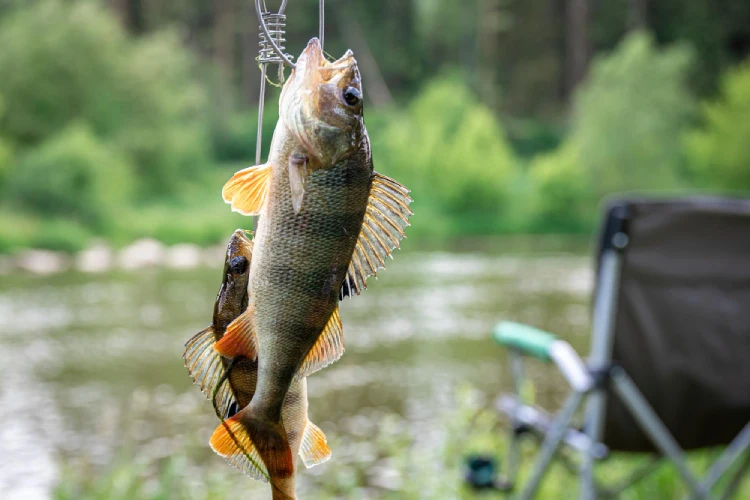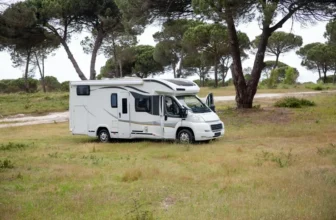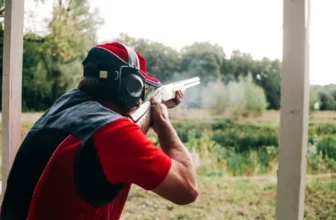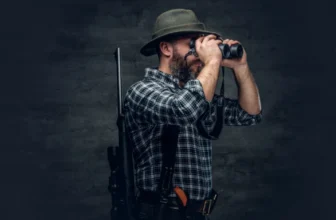What is outdoor fishing activity?
Fishing is a recreational and commercial activity that involves catching fish and other aquatic animals from bodies of water, such as lakes, rivers, oceans, and ponds, using various methods and equipment. Fishing is pursued for various purposes, including sport, relaxation, subsistence, and the commercial harvest of seafood.
Fishing is a popular pastime enjoyed in game by millions of people worldwide. It provides a connection to nature, relaxation, and an opportunity to catch a wide range of fish species. Whether for sport or sustenance, fishing is deeply ingrained in the cultural and culinary traditions of many communities.
Here are some key aspects of fishing:
- Recreational Fishing
- Commercial fishing
- types of fishing
- Catch and release
- Fishing gear
- Fish species
- Conservation and sustainability
The equipment you need for fishing and hunting can vary depending on the type of fishing or hunting you plan to do and the local regulations in your area. Here is a general overview of the essential equipment for both activities:
Fishing Equipment for your outdoor fishing travel:
- Fishing Rod: Choose a fishing rod suitable for your target species and fishing style. There are various types, such as spinning, baitcasting, fly, and ice fishing rods.
- Fishing Reel: The reel should match your fishing rod and be suitable for the type of fishing you’re doing. Common types include spinning reels, baitcasting reels, and fly reels.
- Fishing Line: Select the appropriate fishing line (monofilament, braided, or fluorocarbon) based on your fishing needs and the species you’re targeting.
- Hooks, Lures, and Baits: Carry a variety of hooks, lures, and live or artificial baits to attract fish. The choice will depend on the species you’re pursuing.
- Tackle Box: A tackle box or bag is essential to organize and store your fishing gear, including hooks, lures, and other accessories.
- Fishing Accessories: Don’t forget essentials like pliers, scissors, bobbers, swivels, and sinkers to assist with rigging and handling fish.
- Fishing Clothing: Dress appropriately for the weather and consider using fishing-specific clothing like waders, fishing gloves, and a hat.
- Fishing License: Ensure you have the required fishing license for your area, as fishing regulations vary by location.
What is outdoor hunting?
Outdoor hunting, simply referred to as hunting, is the activity of pursuing and capturing or killing wild animals for various purposes, including food, sport, wildlife management, or conservation. It is typically conducted in natural outdoor environments, such as forests, grasslands, wetlands, and mountains. Hunting has been an integral part of human history and has evolved over time to serve different purposes.
Outdoor hunting has a long history and continues to be a culturally and economically significant activity in many regions. However, it is also a subject of debate and controversy, with discussions focusing on ethical considerations, animal welfare, and environmental impact. Hunting practices and regulations vary widely around the world, and it is important for hunters to be informed about and abide by local laws and conservation guidelines.
Hunting Equipment for your outdoor hunting travel:
- Firearm or Bow: Depending on your choice of game, you’ll need a firearm (rifle, shotgun, etc.) or a bow (compound or recurve) along with appropriate ammunition or arrows.
- Hunting Clothing: Wear camouflage or suitable attire for your hunting environment, including clothing for various weather conditions.
- Footwear: Sturdy, comfortable, and waterproof hunting boots are crucial, especially if you’re trekking through rugged terrain.
- Optics: Binoculars and a hunting scope can help you spot game from a distance and make accurate shots.
- Hunting Knife: A sharp, reliable hunting knife is essential for field dressing and butchering game.
- Safety hunting gear: Items like blaze orange clothing (for visibility to other hunters), a first aid kit, and a compass or GPS for navigation are important.
- Backpack: Use a durable backpack to carry your gear, food, water, and other necessities while hunting.
- Game Calls: Depending on your target species, you may need game calls to attract or communicate with animals.
- Hunting License and Tags: Ensure you have the required hunting permits, licenses, and tags for the species you intend to hunt.
- Hunting Accessories: Additional gear may include scent attractants, tree stands, ground blinds, and game retrieval equipment (e.g., a game cart or drag rope).
Remember that both fishing and hunting have specific regulations and laws that vary by location and can change over time. It’s significant to research and comply with all local and state or provincial regulations before engaging in these activities. Additionally, safety should always be a top priority when fishing and hunting.
Hunting and fishing are outdoor sports and activities enjoyed by individuals and communities worldwide. While they have deep historical and cultural roots, both have evolved to serve various purposes, from subsistence and wildlife management to recreation and conservation.
Conclusion
In conclusion, hunting and fishing are deeply rooted in human history and continue to play significant roles in contemporary society. These activities offer individuals a unique connection to nature, opportunities for outdoor recreation, and a chance to engage in conservation and wildlife management efforts. However, their practices must be carried out responsibly and ethically to ensure the long-term health of ecosystems and the well-being of animal species.








